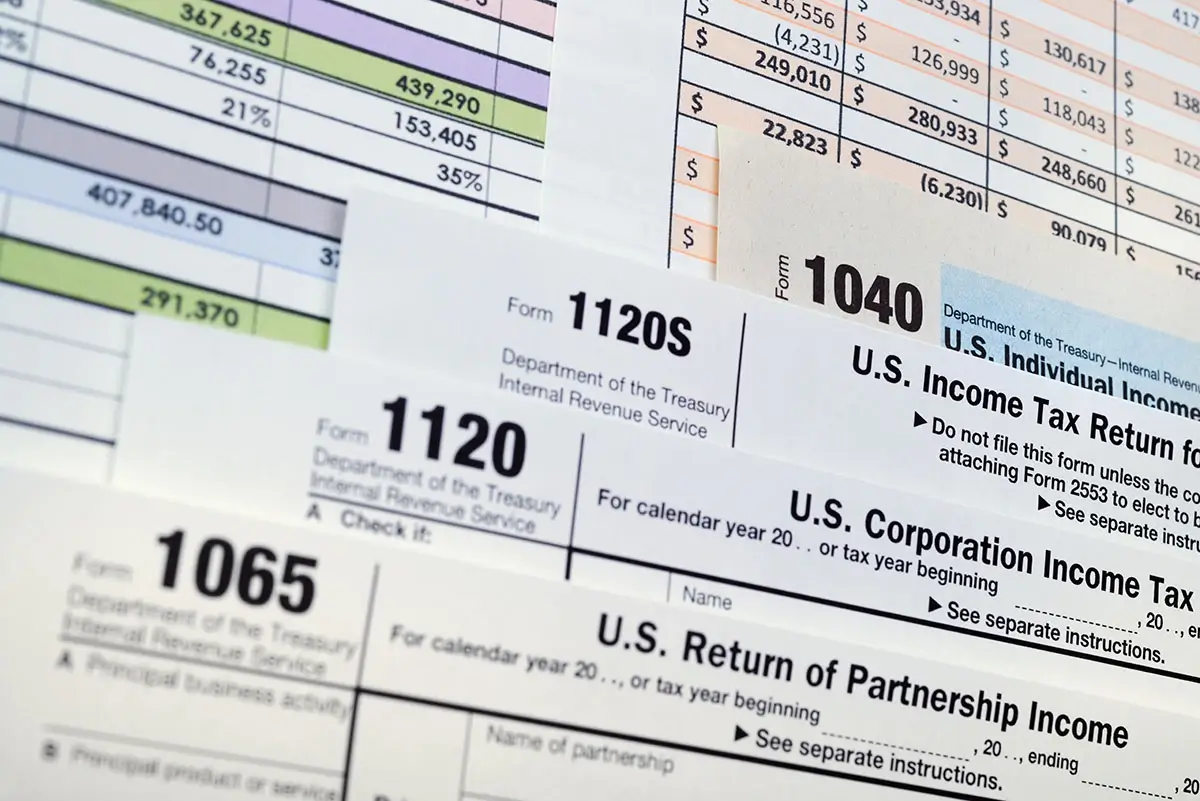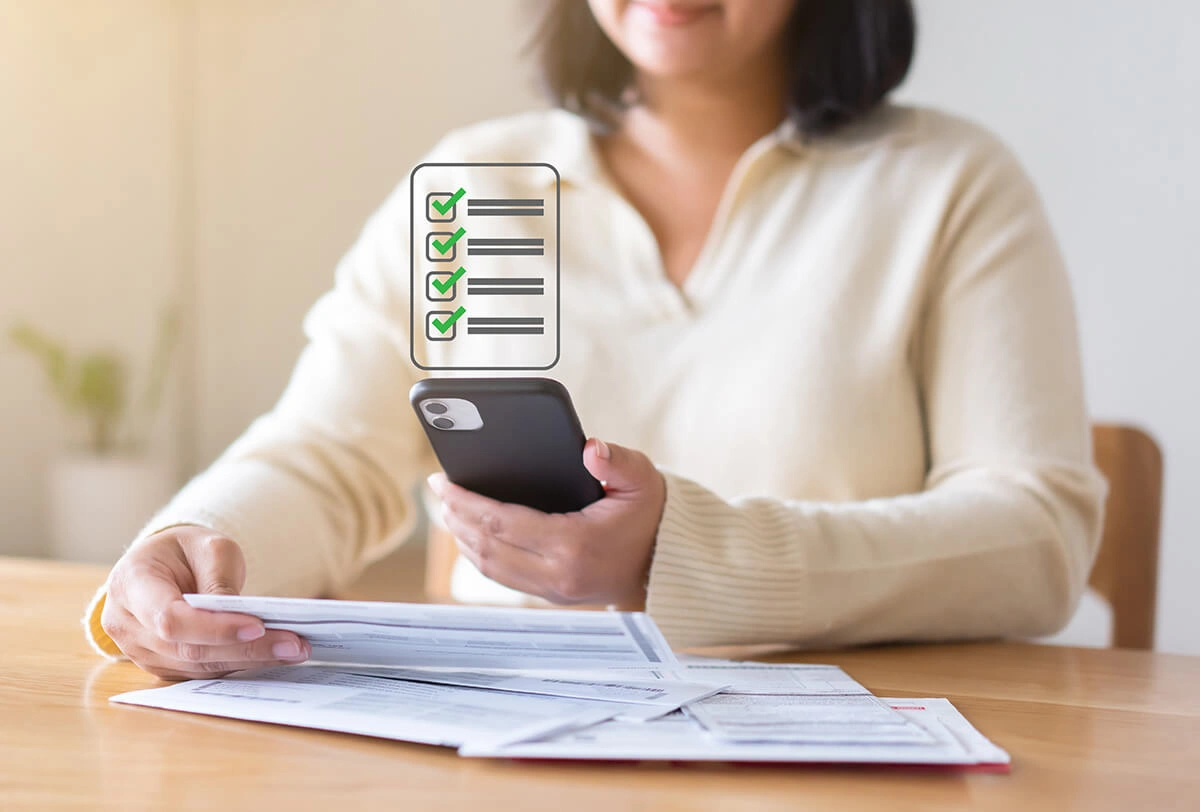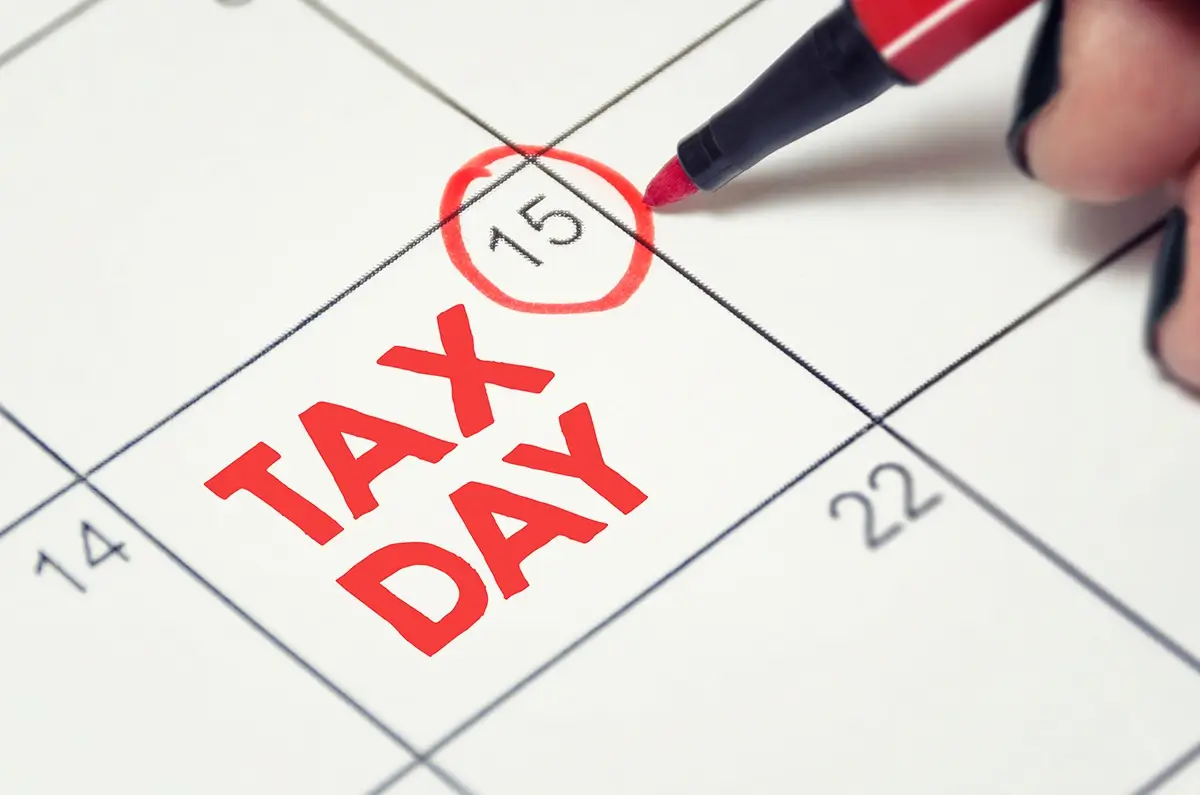It is important to understand how you view money, for when people see money as security, it reduces the risk of financial problems. Alternatively, when people see money as a means of power or status, it can potentially increase the risk of financial problems. Most of us have felt the pang of guilt that accompanies overspending at one time or another. Everyone spends money for different reasons, and the key to combating overspending is to identify why and how you spend. Do you have a spending triggers or are you worried it’s become a habit and you’re watching your money slip away?
How People See Money
Status spenders: People who see money as a status symbol and use it as a tool to influence or impress others.
Secure savers: People who see money as a source of security. Secure savers are more comfortable saving money whether they have a purpose for the savings or not.
Independence lovers: People who are Pleasure Seeking type people, those living only for the present day without any thought for future financial security.
Generous indulgers: People who love spending money on others as a way to show affection and appreciation.
Understanding how you see money can help you change your habits. Now let’s look at what type of shopper you are and see where you can impact your spending habits by making small changes.
The Emotional Spender: Going shopping and buying because it makes them feel better when they are down or as a way to boost their self-confidence.
The Compulsive Spender: Buying gives them a high, so tend to spend money all the time, or purchase a lot more than they originally intended. For instance, going into a store to purchase 1 item and come out with bags of stuff.
The Absentminded Spender: Those shoppers who do not pay attention to all the little things, so when the credit card bill come in, they have no idea how so much money was spent.
The Social Spender: You spend more when you’re with friends.
The ‘It’s on Sale’ Spender: This shopper can’t resist a sale, even if they don’t need (or particularly love) the item they are purchasing.
The Frugal Shoppers: They will do everything to save money. They typically will spend hours comparing prices in store or online, to ensure they get the best price available.
If you don’t have a particular spending trigger, you should still create a budget and take stock of your spending every day, keep track so you can learn how you see money and how you shop. That’s the best way to make sure you’re not going over your budget and the best way to identify how you can change your habits and start saving more.











